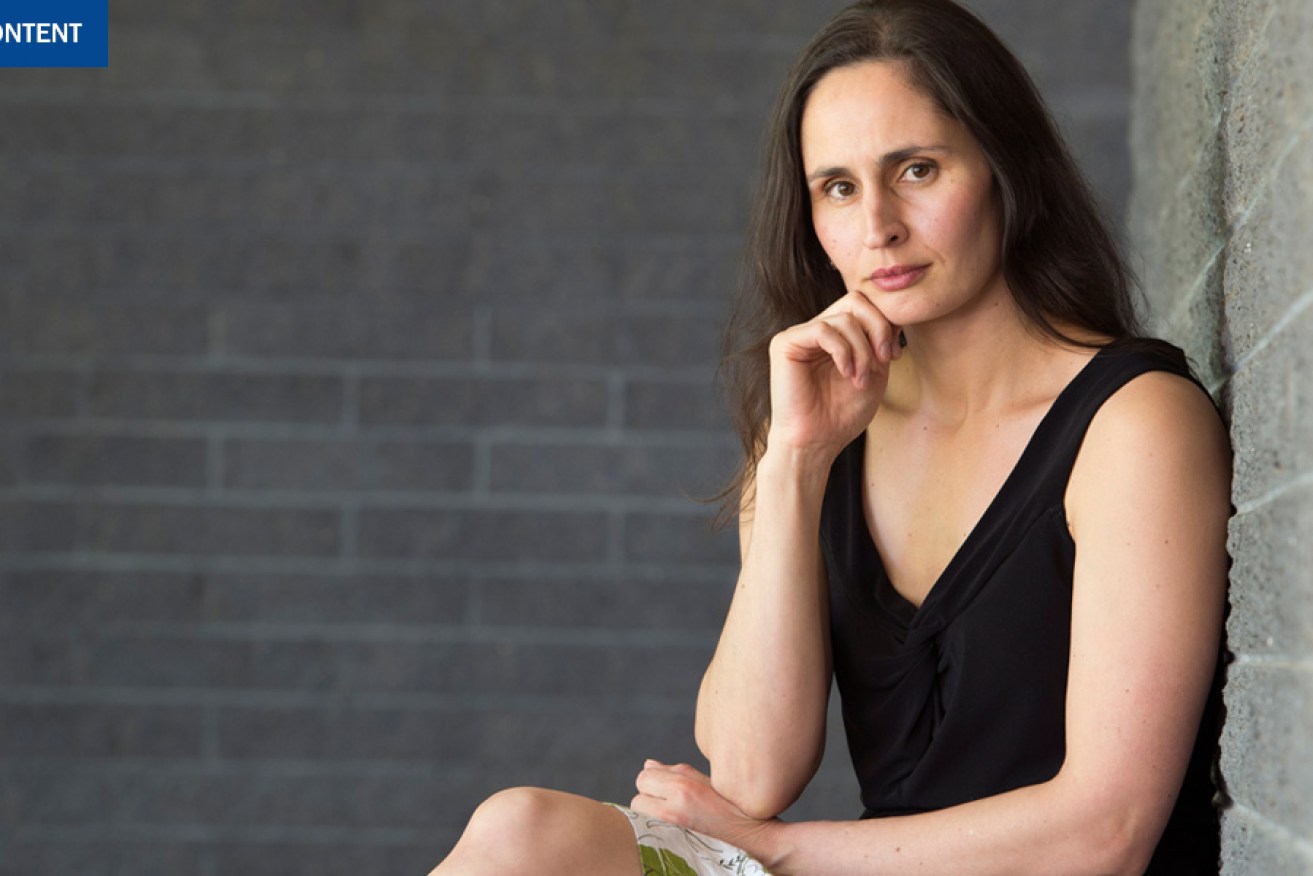
An actor’s ability to simulate strong emotions is usually displayed on stage or screen – for Veronica Porcaro, it’s a skill she uses to help health professionals learn to deal sensitively with patients in distress.
After graduating in drama at Flinders in 1992, Ms Porcaro (pictured) went on to appear in numerous stage and television roles, but in the past decade her focus has moved to medical role-playing.
Ms Porcaro is one of a handful of actors in Australia who regularly perform the role of cancer patients in training workshops, imitating emotions from anxiety and depression to anger so that student doctors, nurses and allied health professionals – and practising clinicians – can improve their communication skills and responses.
Until comparatively recently, training in undergraduate settings for emotional and communication skills was scarce, Ms Porcaro said.
“When I started this work 11 years ago, there was not a lot of it around, but since then demand has increased strongly in the professional world, and it’s gaining momentum in the universities as well,” she said.
“I think we’re heading that way in society – it’s no longer good enough just to have the skills of the profession you’re in, but it’s really important to be good interpersonally with people, and especially in really distressing situations such as a life-threatening illness or any conditions that involve suffering.
“And there is plenty of research that shows that if patients’ psycho-social and emotional needs are addressed, then their treatment outcomes are likely to be better: they’re more likely to adhere to their treatment and they’re more likely to find it bearable.”
Benefits flow on to the health professionals as well.
“It helps the clinicians feel more comfortable and relieves the anxiety and stress they feel around discussing these things, which can contribute to work burn-out,” Ms Porcaro said.
The role-playing scenarios are part of workshops that are run for clients that include hospitals, community health centres, universities and research institutes.
Participants can nominate the emotions they want to tackle, giving them the opportunity to test their responses in a safe and confidential setting. Feedback comes from the workshop facilitators, peers and from the actors.
While announcing a diagnosis of cancer is perhaps the most difficult task for a health professional, Ms Porcaro said that role-playing also covers topics such as cancer and sexuality, and the transition to death and dying.
“Through training and providing resources, the Cancer Council of Victoria has been instrumental in helping me develop appropriate skills on top of the acting skills I already have. I’ve also had the opportunity to speak to patients, to get an understanding of their experience.”
In performing their roles, the actors respond to a detailed, comprehensive brief, but rely heavily on improvisation.
“We have to be very spontaneous in the moment, depending on the skill level of the clinician we’re dealing with. If the skill level of the participant is advanced, we know that the role-play has to be quite intense to give them some kind of challenge so that they can learn,” Ms Porcaro said.
She said that the job is a human parallel to the many forms of high-tech simulation devices which enable medical trainees to learn difficult and dangerous procedures without endangering real-life patients.
“Role-play enables the participants to practise their interactions, and if their dialogue initially lacks empathy it doesn’t have the repercussions it would with a real patient.”
Ms Porcaro said she is very passionate and motivated in her work.
“It may not be for every actor, but it’s very rewarding for me.”
Ms Porcaro is currently in Adelaide working with the Royal Adelaide Hospital radiation therapists for a research project run by Curtain University called RT Prepare, sponsored by Beyondblue and Cancer Australia.





